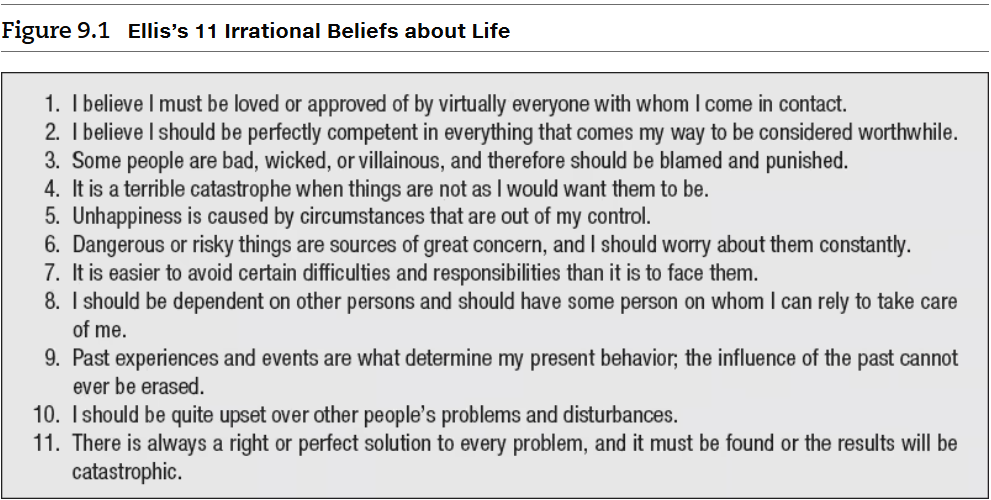As I always like to say, there are as many reasons why people self-sabotage as there are people. A common theme is to protect the self from failure, feeling things we don’t want to feel, and to control our experiences.
One of the hidden culprits behind self-sabotage is the need for perfection and control. Self-sabotage has a strange way of helping us maintain the illusion that if only we had put in more effort or had better circumstances, everything would have worked out as it should. Social psychologists call this counter-intuitive strategy of regulating self-esteem ‘self-handicapping.’ It’s very seductive to engage in self-sabotage because the hidden payoff is high. It’s often easier to be a perfect whole rather than a real part. It’s a short-term solution that sidesteps the more arduous but ultimately more fulfilling work of individuation and self-realization. It takes risk, patience, suffering, and ultimately wisdom to come to the place where you can let go of self-sabotage and learn how to be real.
Behaviour is said to be self-sabotaging when it creates problems in daily life and interferes with long-standing goals. The most common self-sabotaging behaviors include procrastination, self-medication with alcohol and other drugs, comfort eating, and forms of self-injury such as cutting.
Self-sabotage originates in the internal critic we all have, the side that has been internalized by the undermining and negative voices we’ve encountered in our lives. This critic and ‘internal sabotuer,’ functions to keep the person from risking being hurt, shamed, or traumatized in the ways they had been in the past. While it keeps the individual safe, it does so at a very high cost, foreclosing the possibility of new, creative, and three-dimensional experiences. Like an addiction, self-sabotage insidiously lulls and deludes us into thinking that it has the answer. In fact, it is the problem masquerading as the solution. Nothing stops self-sabotage faster in its tracks than shining this particular light on it. Consciousness is true power. We need to let go of our illusions of omnipotence and perfection and see that it is only when we are real and imperfect that we can create a true work of art. Then and only then we can enjoy the gifts of being Real.
– Michael Alcée, Ph.D., Relational therapist/ Clinical psychologistArt: Bawa Manjit, Acrobat
– Self-Sabotage | Psychology Today Australia


